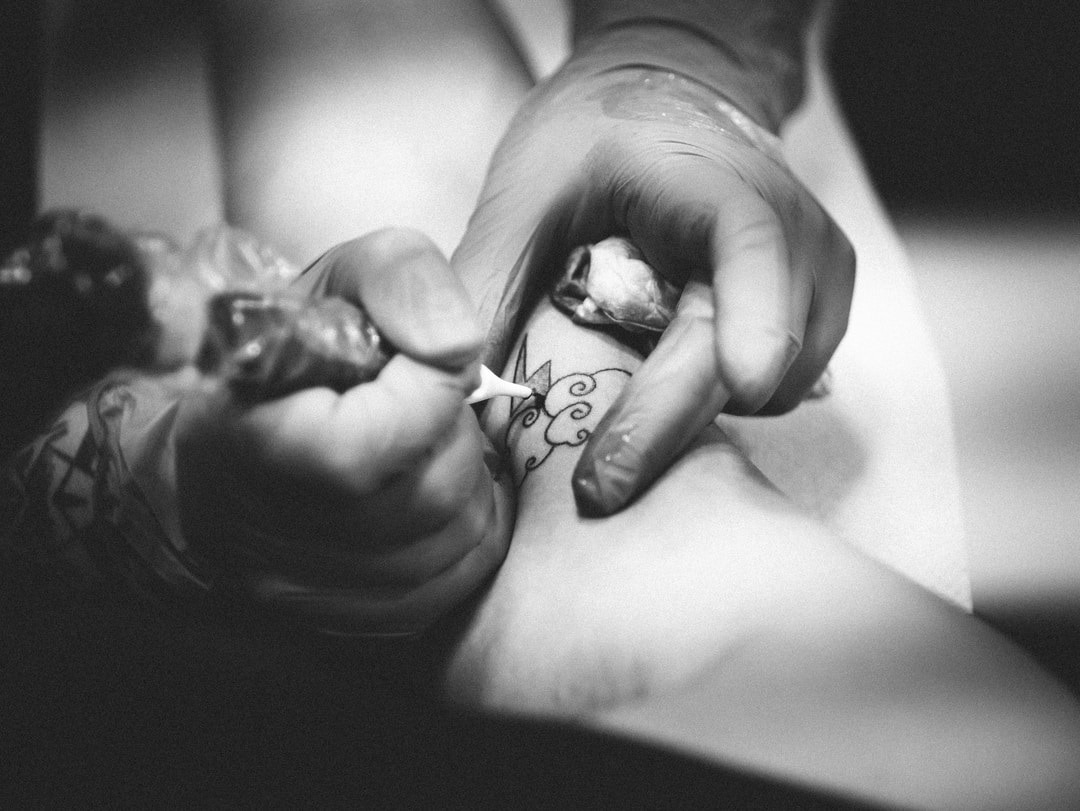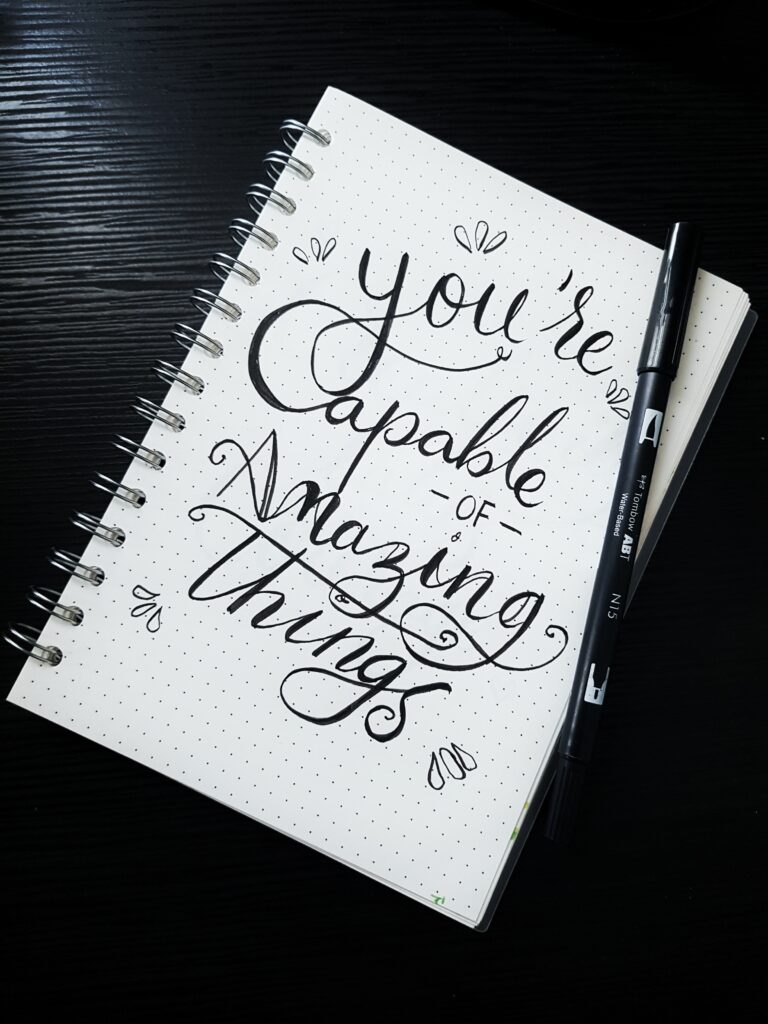Addiction is a disease that affects you and the people around you. Having a substance use disorder can be detrimental to your health and quality of life. Overcoming this battle can seem like an uphill struggle at times, but the result is well worth the fight. So after overcoming a substance use disorder, how do you get back on your feet? Substance use can take you to your lowest low, but there are ways you can restart your life after addiction.
Find the Right Help
The first step in taking back control of your life with a substance use disorder is to receive the proper help. The Hope House is the perfect facility for anyone struggling with substance abuse and can help you regain control over your life. With group and individual therapy, this facility is a top choice for anyone who needs help. Visit thehopehouse.com to receive more information and take the first step in your recovery.
Building a Support System
Many people just beginning their journey toward addiction treatment believe they will never relapse after 30 days. This idea does not hold. Recovery from addiction is a lifelong path that has many ups and downs. It takes commitment to achieve and keep long-term sobriety. So, having the appropriate kinds of support systems in place for recovery is crucial. Ensure you or a loved one has access to the proper support if they are recovering from addiction.
1. Be in the company of sober family and friends
Many rehab graduates return home after treatment. However, the actions of former pals might not have altered despite the possibility that their habits have. It would be ideal if you hung out with sober relatives and friends. Having these support networks around you, whether they are also in recovery from addiction or have never had a problem with substance abuse, will help you avoid relapsing. When you encounter triggers that could result in a relapse, lean on them. Ask them to hold you accountable for your actions and be transparent about your challenges during the recovery process.
2. Participate in a Recovery Support Group
Addiction does not end after rehab. Almost 60% of patients relapse even after completing a suitable treatment program. Consider the long-term approach if you want your addiction recovery to be successful. Join a support group for those in recovery to better understand life after rehab. To feel secure in their healing process, many opt to enroll in aftercare programs and occasionally opt for outpatient counseling.
3. Speak with a therapist for substance abuse
You’ll likely bond closely with your therapist throughout your treatment plan. Therapists are the ones that instruct you on coping mechanisms, post-treatment relapse prevention, and other topics through one-on-one counseling. Most therapists will keep in touch to ensure your recovery progresses as planned. Ideally, you’ll build a rapport with your therapist that will enable you to stay in touch even after you’ve been released.
4. A Reliable Sponsor
One of the most beneficial support networks for successful treatment. Anyone’s family or friend who wants to support can serve as a sponsor. Calling your sponsor for support, assistance, and direction anytime you need it can save your life. It would also be helpful if a sponsor is a former addict. It’s simpler for them to assist you and point you on the proper route to keep your sobriety if they’ve walked in your shoes.
5. Support That Reduces Boredom
A relapse may occur when you are bored and unsure of how to pass the time while you are sober. Your network of supporters will be helpful in this situation. When you’re bored and restless, you should be able to talk to at least one individual in your group. You should list activities you like doing together and check them off individually whenever you grow restless. Create a new list after this one is completed, like a small bucket list.
Build a Better Image
When you struggle with substance use, it affects your health and wellness in many ways. While your insides suffer, the outside suffers as well with hair loss, skin conditions, and many other factors. When you have a substance abuse disorder, you may not have the best decision-making skills making it harder to return to normalcy after the addiction.
For example, while in an addiction state, you may have received tattoos that you are no longer proud of. Thankfully there is now tattoo removal available to do away with these markings so you can move forward with your life. Searching for tattoo removal in Iowa, for example, is an excellent start to finding the perfect tattoo removal service. Simple changes such as tattoo removal, hair cuts, and a healthier diet and exercise can help you regain control over your life and build a better future.
How to Build a Better Image During Addiction Recovery
Addiction and self-esteem have a complicated and frequently challenging relationship. Although they are related, further research is necessary to understand the psychology of addictive behaviors and self-worth. The internal image you have of yourself and how you think other people view you is called your self-image. Self-image evolves with time; for instance, how you view yourself today may differ from how you did when you were younger. But your perception of yourself may harden when you have issues like addiction. Then, you start to believe that you are an abuser and cannot change this predicament. Your interactions with others and your perceptions of how they view you contribute to how you construct your self-image.
1. Develop Honesty
The first step in transforming one’s negative self-perceptions and self-beliefs is to embrace radical Honesty, where no exaggerations, minimizations, or half-truths hide the truth about one’s position. If a recovering person can be utterly honest and reveal embarrassing details about themselves without fear of scorn or condemnation, they would likely become. The first vital step to rehabilitation is being honest with oneself.
2. Maintain a positive outlook
The power of positive thinking can make a massive difference in all facets of life; however, it may be easier said than done. It helps to see things from a different perspective so that you can handle them by employing psychological skills of reframing or flipping a situation to be positive rather than negative. A positive outlook will encourage you and others to persevere during addiction treatment.
3. Self-forgiveness
Be accountable for your actions, but don’t be hard on yourself. Consider how far you’ve come and ask for forgiveness for yourself. This way, you can proceed and concentrate on healing in this way.
4. Self- Affirmations
To do this. you can say to yourself every day, “I am getting the care I need and doing well,” “I am a warrior,” and “I am lovely.” Also, compliment others and smile; doing so will make you and those around you feel upbeat and like you’re all together.
5. Learning to Be Thankful
Since gratitude and serenity are two sides of the same golden coin of sobriety, achieving serenity and gratitude are two of the most distinctive markers of success in rehabilitation. By being grateful and thinking positively, you cultivate a mindset that is very supportive of successful recovery.
Picture of Health
On the topic of health, it is time to get back on track with health and wellness. When experiencing addiction, your self-care declines, and you do the minimum. Now that you’re in recovery, it is the perfect time to regain your health. Diet and exercise play a huge role in recovery to help your body get back to the picture of health. A healthy diet is essential for regaining nutrients that your body loses while substance use happens. In addition, having your health check will put your body back in shape it needs to be strong and successful.
The Perfect Job
Now that you have taken care of your health, both inside and out, it is time to put your foot back in the door and land the perfect job. When it comes to finding an excellent job during your recovery, many have found success starting with a part-time position and moving forward slowly to full-time. Having a full-time job immediately after recovery can put additional stressors in your life, leading to possible relapse. Start slow and work with your employer to find a schedule that fits your needs.
Stable Housing
Now that you have found a job, it’s time to regain your space. The housing may not have been stable when dealing with a substance use disorder. Now that you are in recovery, you can find a stable place to continue your recovery. A good idea to consider is to room with another person who is either in recovery or sober to use as a sponsor to help your recovery stay on the right track.
Continued Care
One of the most important factors to consider when restarting your life after addiction is continued care. As stated before, recovery is an uphill battle, but you don’t have to do it alone. There are plenty of counselors that offer addiction counseling to help you stay strong in your recovery process and group sessions where you can meet with other peers.






